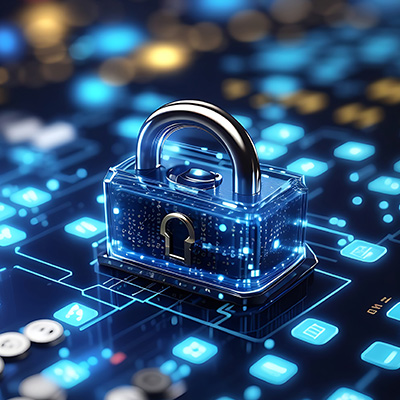Four Technologies You Can Use to Better Protect Your Data in Transit

Encryption
Implementing strong encryption protocols works to secure data during transmission. From a technical point of view: SSL/TLS (Secure Sockets Layer/Transport Layer Security) protocols are commonly used to encrypt communication between a user’s browser and a website. This added encryption ensures that any information exchanged is secure and cannot be easily intercepted by people looking to intercept it.
Tokenization
Tokenization is a process that involves replacing sensitive data (such as payment card numbers) with a unique identifier or token. This token is used for transactions, while the actual sensitive information is stored in a secure encrypted vault. Even if a token is intercepted, it cannot be used to reconstruct the original data without access to the vault that holds the actual data. This adds an extra layer of security, especially in the event of a data breach.
Multi-Factor Authentication
Require multiple forms of verification before completing a transaction. This typically involves combining something the user knows, something the user has, and something the user is. MFA adds an extra layer of security by making it more difficult for unauthorized users to gain access, even if they have obtained some form of login credentials.
Fraud Detection and Monitoring
Implementing solutions that promote robust fraud detection include rolling out systems that continuously monitor transactions for suspicious activity. Machine learning (ML) algorithms can analyze patterns and detect anomalies in real-time, triggering alerts or temporarily blocking transactions that deviate from the user’s typical behavior. Regularly reviewing and updating these systems ensures adaptability to new and evolving threats.
These measures are most effective when implemented together as part of a comprehensive security strategy; and, White Mountain IT Services can help. Give our knowledgeable professionals a call today at (603) 889-0800 to learn how we can provide you with the resources to keep your data secure.


